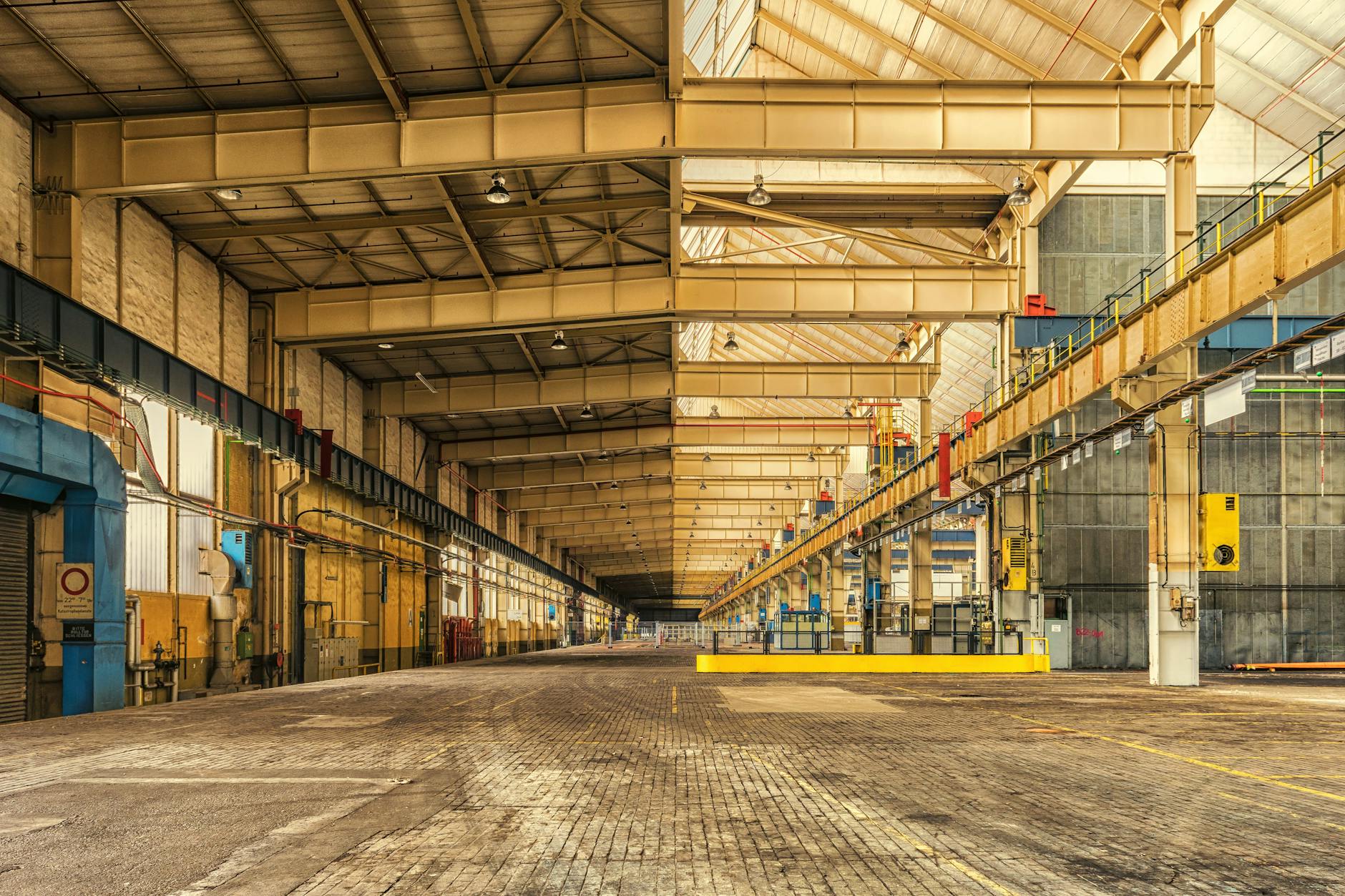Everglades Facility for Migrants Allowed to Operate, But Expansion Halted Amidst Legal Scrutiny
Federal Judge Imposes Restrictions on “Alligator Alcatraz”
A federal judge in Miami has issued a ruling that allows a controversial migrant detention facility, colloquially known as “Alligator Alcatraz,” to continue operating. However, the decision comes with significant restrictions, prohibiting any expansion and barring the facility from accepting new detainees. The ruling marks a crucial moment in the ongoing legal and humanitarian debate surrounding the facility’s presence and operations in the Florida Everglades.
A Brief Introduction On The Subject Matter That Is Relevant And Engaging
The facility, officially unnamed but widely referred to by its nickname, has been a focal point of concern for advocates and legal experts. Situated in the unique ecological landscape of the Florida Everglades, its operation raises questions about environmental impact, the humane treatment of migrants, and the legal framework governing such detention centers. The recent judicial intervention directly addresses these anxieties, seeking to balance the needs of immigration enforcement with broader legal and ethical considerations.
Background and Context To Help The Reader Understand What It Means For Who Is Affected
The “Alligator Alcatraz” facility has been a subject of contention since its inception. Located in a sensitive environmental area, its proximity to the Everglades National Park has drawn criticism from environmental groups concerned about potential ecological disruption. Furthermore, the conditions and treatment of migrants within detention facilities are consistently under scrutiny by human rights organizations. The ruling by the federal judge comes after legal challenges were brought forth, likely by advocacy groups or legal aid organizations representing migrants or concerned citizens. These challenges would have argued against the facility’s expansion or continued operation based on various legal and humanitarian grounds.
For the migrants themselves, the ruling means that while they may remain in the facility for the time being, there will be no influx of new individuals. This could potentially alleviate overcrowding if the facility was nearing capacity, or it could mean that those currently detained will continue to be held there without the possibility of new admissions. The inability to expand also suggests that the facility’s long-term viability or capacity may be in question, pending further legal developments.
In Depth Analysis Of The Broader Implications And Impact
This judicial decision carries significant implications beyond the immediate operational status of “Alligator Alcatraz.” Firstly, it highlights the judiciary’s role in arbitrating complex issues where immigration policy intersects with environmental law and human rights. The judge’s decision to halt construction and bar new detainees suggests a judicial finding of potential issues with the facility’s current operational scope or planned expansion, possibly related to legal standing, procedural fairness, or substantive concerns about conditions or environmental impact.
Secondly, the ruling could set a precedent for how other migrant detention facilities are reviewed, particularly those located in ecologically sensitive areas or those facing similar legal challenges. It underscores the importance of due process and the need for facilities to adhere to established legal standards, even in the context of immigration enforcement. The selective omission of context or counter-arguments in the source material makes it difficult to ascertain the specific legal basis for the judge’s ruling; however, the outcome indicates that significant legal hurdles exist for the facility’s continued or expanded operation.
The phrase “Alligator Alcatraz” itself, while likely a colorful nickname, might also be indicative of the facility’s perceived harshness or isolation. Without direct quotes or further context, it is impossible to determine if this nickname originates from the migrants themselves, from the surrounding environment, or from critics of the facility. However, such monikers can influence public perception and underscore the emotional weight attached to these detention centers.
Key Takeaways
- The “Alligator Alcatraz” migrant detention facility can continue to operate.
- No new construction or expansion of the facility is permitted.
- The facility is barred from accepting any new detainees.
- The ruling indicates judicial scrutiny of the facility’s operations and potential expansion.
- The decision could influence future legal reviews of similar migrant detention centers.
What To Expect As A Result And Why It Matters
Moving forward, the operators of “Alligator Alcatraz” will need to comply with the judge’s order, focusing on the current detainee population without any possibility of increasing numbers or physical capacity. This could lead to a gradual decrease in the detainee population as individuals are processed through the immigration system or transferred. For advocates, this ruling is a partial victory, halting expansion and new admissions, but the fight for potentially more comprehensive reforms or closures may continue.
The long-term implications depend on subsequent legal actions. It is possible that further hearings will be scheduled to examine the facility’s operations in more detail, potentially leading to more stringent requirements or even a mandate for closure if significant legal or humanitarian violations are found. The ruling matters because it directly impacts the lives of the individuals detained at the facility and reflects a broader societal conversation about the ethics and legality of migrant detention practices.
Advice and Alerts
Individuals interested in the welfare of migrants or the environmental impact of such facilities should stay informed about further legal proceedings related to “Alligator Alcatraz.” Monitoring official court dockets and reports from reputable human rights and environmental organizations can provide a clearer picture of the evolving situation. It is advisable to seek information from multiple sources to gain a balanced understanding of the complex issues at play.
Annotations Featuring Links To Various Official References Regarding The Information Provided
Federal Court Filings: Official records related to the lawsuit against the “Alligator Alcatraz” facility would be found within the U.S. District Court for the Southern District of Florida. Specific case numbers and documents would offer precise details on the legal arguments and evidence presented.
U.S. Courts Official Website – Provides general information about the federal court system.
Department of Homeland Security (DHS): As the primary agency responsible for immigration enforcement, DHS oversees detention facilities. Information regarding their policies and oversight of migrant detention centers can be found on their official website.
Department of Homeland Security Website
Environmental Protection Agency (EPA): Given the facility’s location in the Everglades, the EPA’s regulations and assessments related to environmental protection in sensitive ecosystems are relevant.
Environmental Protection Agency Website
Human Rights Organizations: Groups such as Amnesty International, Human Rights Watch, and local immigration advocacy organizations often publish reports and analyses on migrant detention conditions and policies.


























